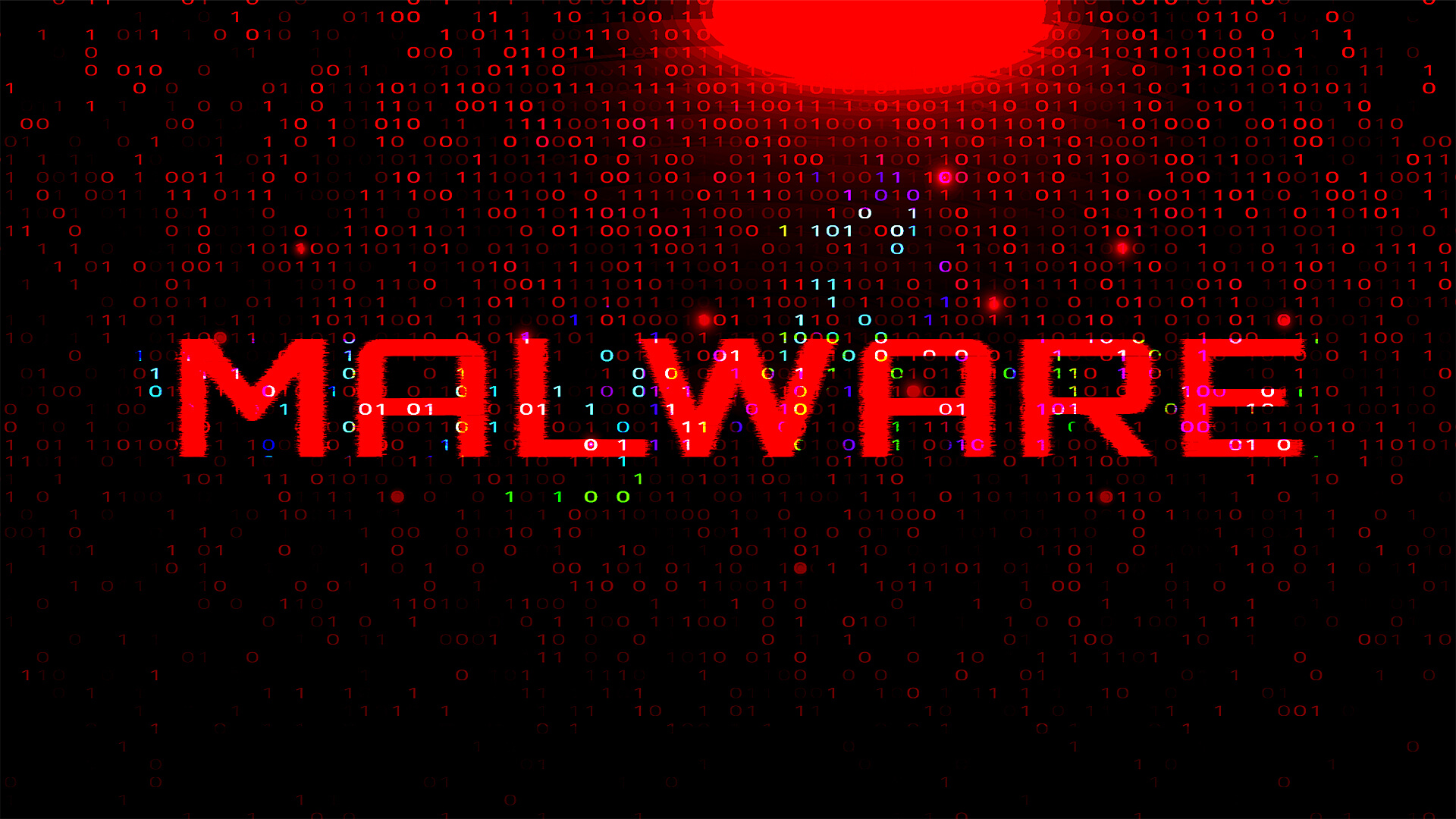Disclaimer: This blog article was written by an AdvancedMD partner. The views and opinions expressed in this article are those of the author(s) and do not necessarily reflect the official policy or position of AdvancedMD.

On October 1, 2020 The Department of the Treasury issued an advisory on ransomware payments: “Companies that facilitate ransomware payments to cyber actors on behalf of victims, including financial institutions, cyber insurance firms, and companies involved in digital forensics and incident response, not only encourage future ransomware payment demands but also may risk violating OFAC regulations.”
The advisory goes on to state: “OFAC has imposed, and will continue to impose, sanctions on these actors and others who materially assist, sponsor, or provide financial, material, or technological support for these activities.”
What does this mean for you?
If you are hit with a ransomware attack, if the organization that is demanding money from you is a sanctioned organization, then paying the ransomware may result in you being fined.
In this case the best defense is a good defense. A good defense includes:
- Making sure all your vital data is backed up and that the backup is kept offsite. In this manner should you be hit with a ransomware attack; you can restore your data from your off-site backup and do not have to a ransom to get your data back.
- Secure your network. Make sure all your routers, switches and other connected devices are properly secured with the most up to date firmware and secure passwords.
- Secure your workstations. Make sure that each person has their own account with their own username and password and that all passwords used to access workstations at your office are strong passwords.
- Keep your antivirus software up to date.
There are just some of the steps you need to take to avoid a ransomware attack in the first place (best) or to be able to recover from a ransomware attack should you fall victim to this type of malware. There are many other things that need to be in place to best secure your work environment including policies and procedures on workstation use, accessing web sites, accessing email. Connecting devices to your local network and other steps you need to take to optimize your security.
One of the ‘gotchya’ moments that can often occur is the result of being confident that everything is all set. We are all aware of the need to update our operating systems with security updates, but many providers are not aware that devices such as switches, and routers need regular firmware updates. Now is a good time for you or for your IT consultant to review all the devices on your network and make sure that they are all up to date with security and firmware patches. Something that you can do now is register these devices with the manufacturer. Once the device is registered you will receive an email from the manufacturer when they release security updates. These emails can assist you in keeping your network up to date and protected from bad actors who may want to break into your network and steal your data.
TLD Systems is here so assist you in keeping your practice secure and minimizing the chance of a cyber terrorist from wreaking havoc on your local computer network. For more information, please visit http://www.tldsystems.com, email [email protected] or call (631) 403 6687

